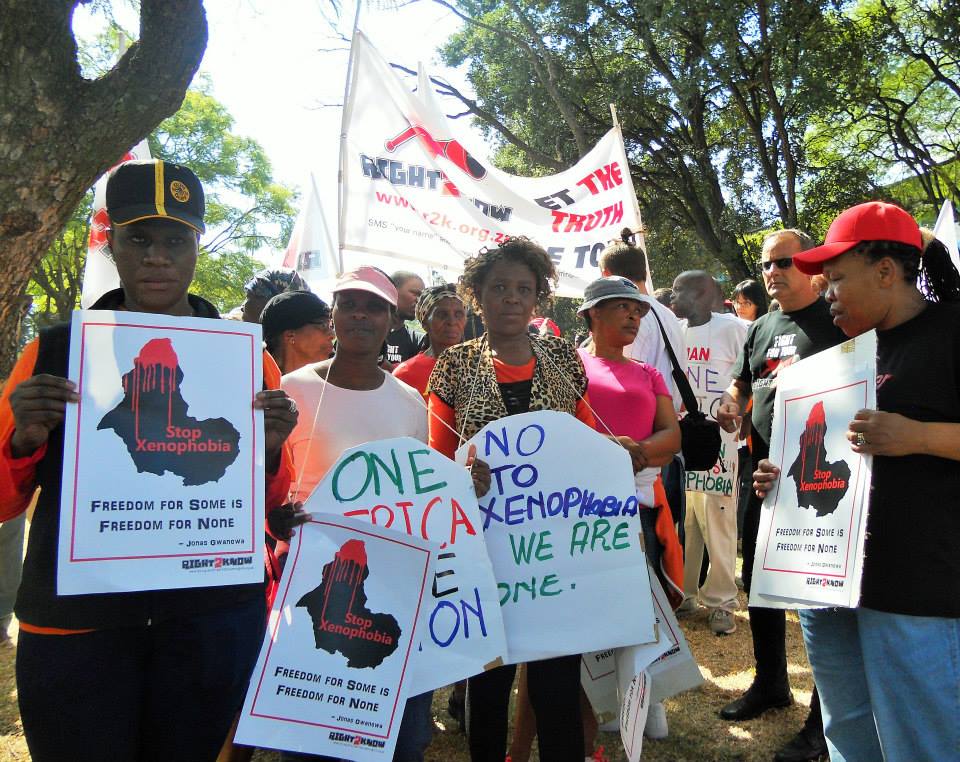Right2Know Releases Preconditions for a Democratic Broadcasting & Telecommunications System
The Right2Know Campaign has proposed Preconditions for a Democratic Broadcasting and Telecommunications System in a statement released today calling for reforms in South Africa’s ICT policy. The issues highlighted in the statement include demands for changes in the government’s approach to broadcasting, telecommunications and surveillance in the information age.
It is true that the current system for broadcasting and telecommunications reproduce the great inequality in South Africa. While a small elite have access to a diverse range of media on paid platforms like DSTV, the majority of South Africans only have access to a severely underfunded public broadcaster and community media stations. Likewise, telecommunications and the internet services are inequitably distributed between class, race and geography. With rich urban centers receiving access to the best telecommunications technologies available while urban poor and rural remote populations are left wanting. Finally, coercive nature of online spying and telecommunications surveillance by both corporate and government entities threatens South Africans’ rights to privacy.
The Right2Know Campaign believes that in order to course correct these trends, government and civil society must challenge the increasing privatisation of the broadcasting and telecommunications landscape. To do so, the Campaign has provided a framework of principles moving forward that will democratise the media landscape, equalise telecommunications access and protect citizen’s rights to privacy, communication and freedom of expression.
The full statement on the Right2Know Campaign’s Preconditions for a Democratic Broadcasting and Telecommunications System can be found here.



